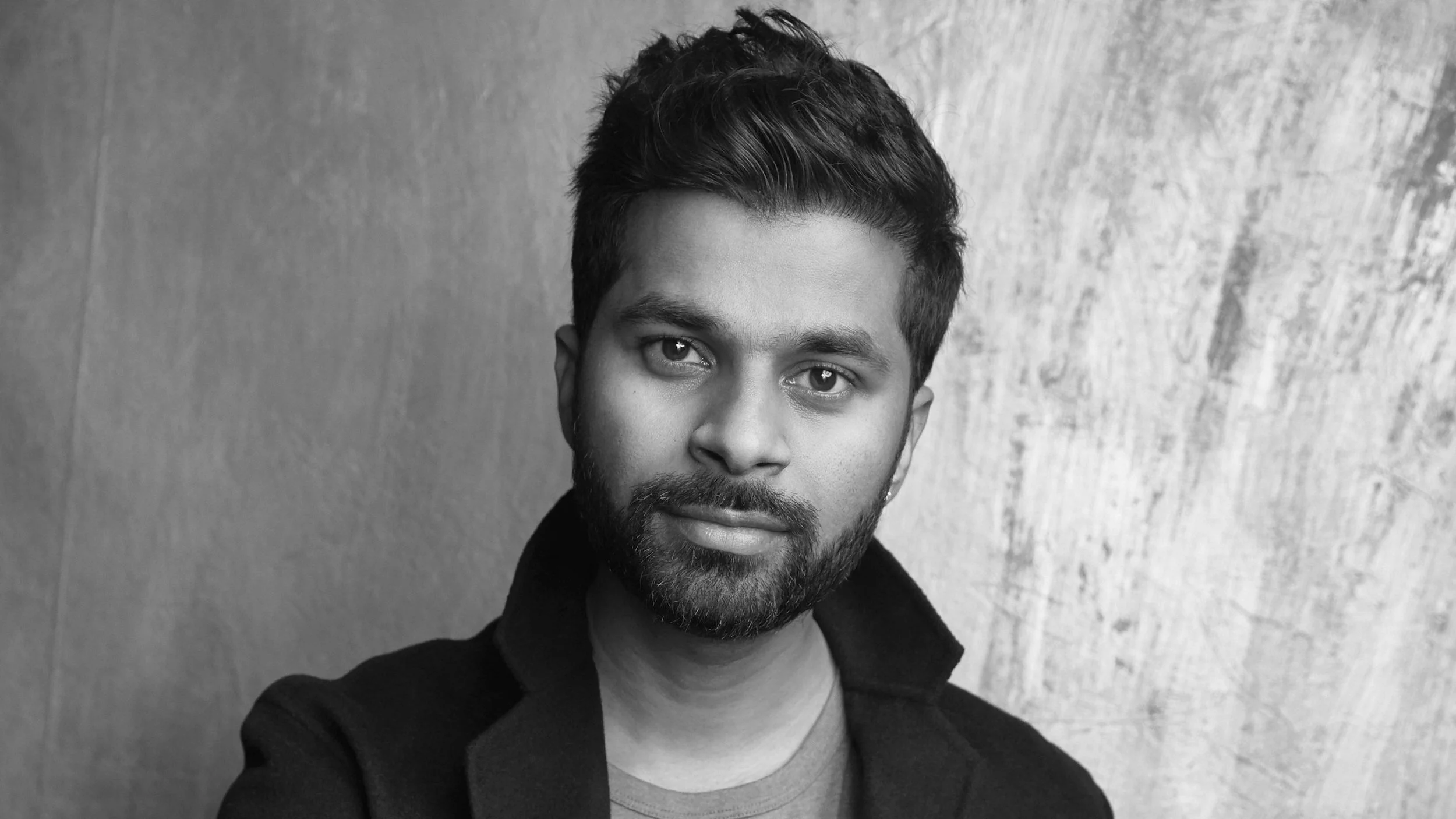Alumni Update: Arundhati Velamur
Teaching Mathematics, Doing Mathematics
Who can do mathematics? As a teacher at a New York City public school, it’s a question I spend a lot of time considering - not the answer to it, but rather, the way in which my students think about it. Because their perceptions of mathematicians influence their conception of themselves asdoers of mathematics. The cultural messaging around these questions is very strong. On TV, mathematicians and physicists look a certain way: they are almost always male, socially awkward, and with few interests or capabilities outside their field. And then there are the social signals: we hear our parents and aunts and uncles talk about being “a math person” or not being one. My students enter my classroom with fixed, absolute preconceived notions about themselves vis a vis mathematics: “I can’t do math.” Or, “I always was good at it, so I don’t understand why I’m not anymore.”
Reform educators in mathematics have spent decades finding ways to dismantle such thinking in the maths classroom. If a student thinks that mathematical ability is fixed or unchangeable, they’re never going to engage with the mathematical ideas that come up. Mathematicians run on the fundamental belief that mathematics is understandable and accessible, that there are ways to break its ideas down and ways to build them back together. The maths classroom in schools, then, needs to be an active space where students are not merely told the material, but are in fact involved in the construction of it—-and the doing of it. For the last four years, I have focused on developing pedagogy and curricula that speak to that need. I work closely with my colleagues to motivate fundamental ideas and to create problem sets that help students make connections. And I was starting to see the impact on the mathematical identities of students working on non-routine problems. But there were always students I wasn’t reaching, and I couldn’t figure out what was missing until I attended the Park City Mathematics Institute this past July.
Collaborative Morning Math at PCMI. Photo by David Titensor, 2017
The Park City Mathematics Institute (PCMI) is an annual three-week summer workshop for people involved with mathematics in a variety of ways: from the researcher and the graduate student to the undergraduate professor and school teacher. One of the goals of the institute is to bring these often isolated groups together and to give each group the opportunity to experience a little bit of the work the others engage in. In the summer of 2017, I was fortunate to be among sixty school teachers from across the United States to participate in the PCMI Teacher Leadership Program. The experience was transformative for me and has informed how I think of myself - both as a teacherand a student of mathematics.
Each day of the Teacher Leadership Program (TLP) at PCMI starts with two hours of “Morning Math,” wherein teachers work in groups of six on connected problem sets related to the institute’s mathematical theme for the year. (The theme this year was Random Matrices.) As I worked through problems connected with fibonacci-type sequences and the eigenvalues of associated matrix transformations, I developed a remarkable appreciation for them from different perspectives. As a teacher, I loved how much choice and access was built into the problem sets and how thoughtfully the transitions from one problem to the next were developed. They also reflected so much of what I wanted my own students to accomplish: they encouraged us to work together and share our approaches with each other; they allowed for different perspectives and different tastes among those working on them; and they built up to a variety of difficulty levels, so that each individual could go as deeply into an advanced mathematical topic as they wished to.
As a student, I devoured them. I hadn’t done higher mathematics in a very long time, and I looked forward to sitting down with a fresh bunch of problems everyday or to returning to a problem that had kept me up the previous night. Over the course of the workshop, I realized that I was subject to so many of the same notions I have sought to disrupt in my students. I had placed unreasoned limits on my own abilities as a student of mathematics and had decided I was only so good at it.
PCMI helped me rediscover my love for the mathematical struggle—for working relentlessly on a problem until you make that breakthrough. It found the mathematics student hiding inside me. But more importantly, it has made me a better teacher: because a maths teacher who doesn’t think she can do maths can’t be very good at making her students think they can.
Photo by David Titensor, 2017
About me: I am a 2012 alumna of the Inlaks Shivdasani International Scholarship. I have a Masters in Mathematics Education from Teachers College of Columbia University, and also hold the New York State teaching certification in mathematics. Prior to attending Columbia University, I received an M.Sc. in Mathematics from the Indian Institute of Technology, Bombay and worked in financial analytics in Mumbai. Since February 2014, I’ve been on the mathematics faculty at the Bard High School Early College (BHSEC) in Queens, New York City. BHSEC Queens is a partnership between the New York City Department of Education and Bard College, a private liberal arts college. The goal of the institution is to provide urban high school students with two years of tuition-free university education. I am also an Early Career Fellow of Math for America, a foundation working towards supporting expert teachers of mathematics and science in public education in the US. You can learn more about the Bard Early Colleges here, about Math for America here, and about the Park City Mathematics Institute here. You can also follow me on twitter @picayune03 .








